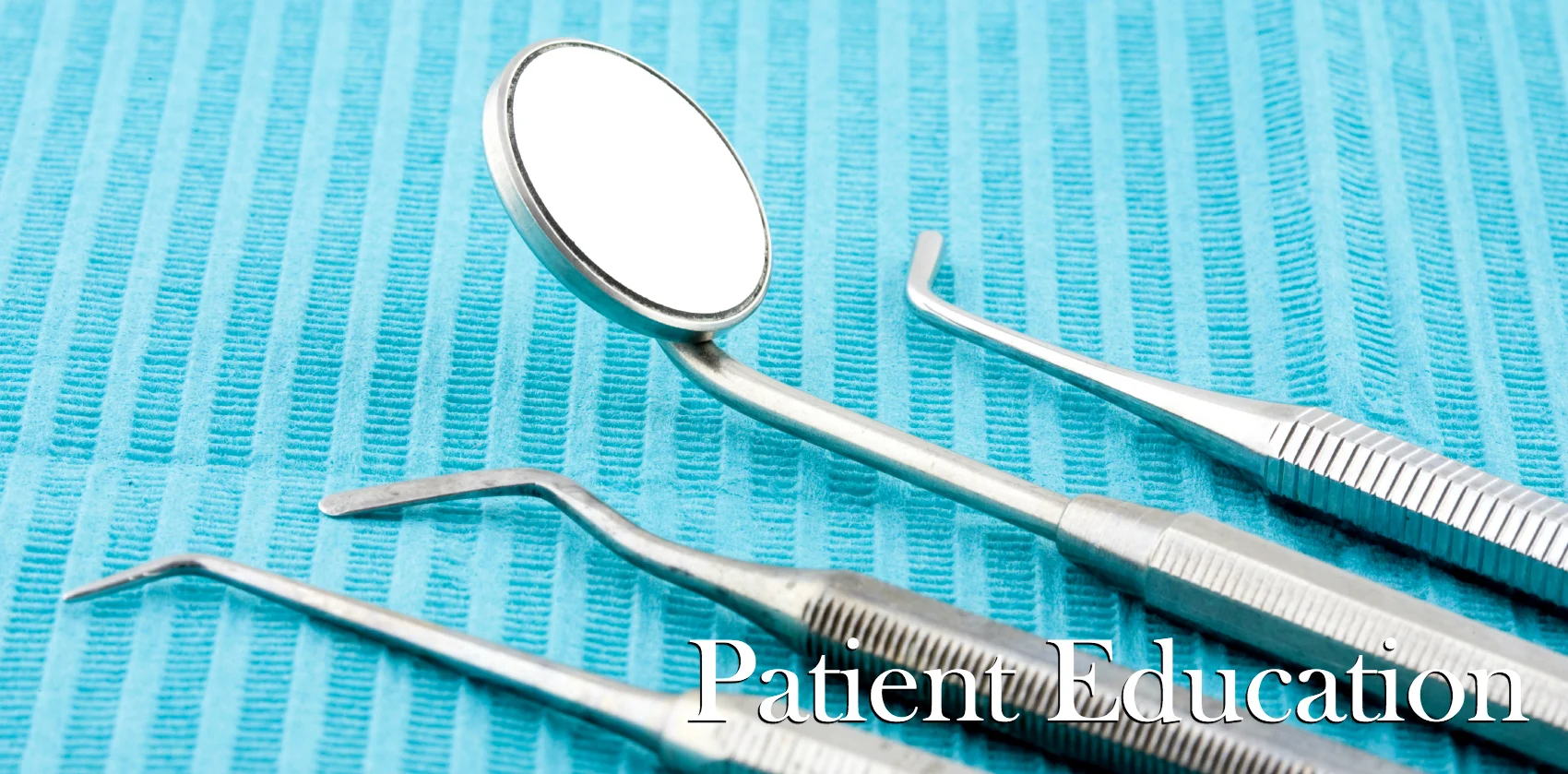The temporomanibular joints are a set of sophisticated hinges that allow us to open and close our jaws. They are constantly used throughout our waking hours to chew, swallow and express ourselves. Therefore, it is no surprise that pain and injury to these structures is not uncommon. Read on to learn more about what causes jaw joint pain and how to treat it!
The temporomandibular joints (“TMJs”) are a two hinging joints that allow the mandible to move against the Temporal bone of the skull. They have a complex movement, where the joint's head initially rotates in its socket and eventually slides forward to complete the movement. There are a number of muscles and ligaments that stabilize the TMJ, along with a cartilage disc that cushions and smoothens its action.
Most TMJ pain comes from acute injury to one of the attached joints or ligaments. Excessive gum chewing, staying open for a dental procedure and night time tooth grinding are all common culprits. Just like any other sprain, the best therapy is to allow the joint time to heal. Rest, ice packs, warm compresses and anti-inflammatory medicines like Ibuprofen are all great ways to get your jaw joints feeling great again.
Long-standing jaw pain, pain combined with a change in the joint’s range-of-motion and pain after extreme trauma (like a car accident or physical violence) are signs of a more serious problem. The jaw joints or the cushioning disc can become dislocated, creating painful and limited motions. Fractures of the mandible can manifest as TMJ pain as well. Pain with new grinding or popping sounds can also be a sign of arthritic damage or traumatic disc displacement. In these cases, evaluation by an oral surgeon or oral-facial pain expert is the best course of action. This is also a good time to note that jaw popping without pain is usually not an emergent concern.
A final note on TMJ pain is that there are other medical conditions that can manifest themselves as jaw problems. Toothaches, ear infections and even sore throats can feel like jaw pain. Your best bet is to visit your general dentist for an initial evaluation and referral. To learn more about the jaw joints, TMJ disorders and other types of dental pain, please give our office a call!











